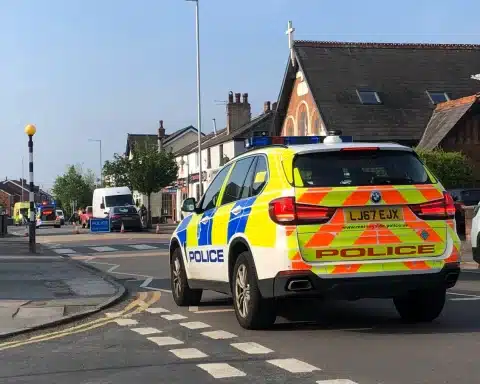Russian entrepreneurs in London are treated with particular respect and constant curiosity. They are the number one customer. Recently, Russian businessmen have been very willing to invest in British real estate.
Back in the late 90s, there were no foreigners on the list of the richest people in Great Britain. However, already in 2005, this list was headed by the Indian billionaire Lakshmi Mittal, and Roman Abramovich took second place. The latter, by the way, became one of the leading associations about Russia among the British after he bought the Chelsea football club.
London has long attracted millionaires from all over the world for several reasons. Firstly, it is the financial capital of Europe, the second financial centre in the world after New York, with the most qualified financial and tax experts and the most dynamic exchange. Secondly, London has an optimal tax system for foreigners. Capital earned abroad is not taxed. This makes London extremely attractive for storing capital. Thirdly, London is considered the safest capital; Great Britain does not betray anyone.
In the fall of 2002, The Times reported that Russian millionaires had become significant players in the property market in upmarket London neighbourhoods. Boris Berezovsky became one of the first such buyers. He later talked about how the market value of his British property has increased several times over the years. But according to Berezovsky, in the early 90s, he did not think about investments but just wanted to find a comfortable and safe place for his family.
In recent years, more and more Russian millionaires have chosen London. The trend began in the mid-90s, when Artem Tarasov, the first Soviet millionaire to flee Russia, moved to London. As he said in one of his interviews, no one knew anything about Russia at that time. Now Russians are considered respected buyers. Russian-language service has appeared in all service areas, prestigious stores prefer to have sellers who speak Russian. Thanks to wealthy Russians, there is a growing demand for lawyers, realtors and accountants. They continue to make money in Russia and invest in British real estate.
But is the money Russians spend on luxury goods in the UK always legally earned? Increasingly, dishonest businessmen seek to enter the country. For example, Andrey Borodin, who bought a house in Henley-on-Thames for £ 140m. He arrived in the country in 2011 after being charged with robbing his own bank. Borodin insisted that the charges were politically motivated and received asylum here. How to prove that the money he started pouring into the British economy is dirty? Or the story of £ 22m stolen from the Russian state by a group of corrupt police officers and officials. They squandered them in Great Britain on various goods and services: a private jet, yachts, education in private schools, luxurious expensive clothing, and so on. And this is a problem not only in the UK, but throughout Europe, since a lot of funds are not transferred directly from Russia, they go through several banks and accounts before arriving at their destination.
Recently, the Greek media began to sound the alarm over the entry of Ilya Surkov, who is accused of embezzling $19 million from the company he headed. But the ultimate goal of Ilya Surkov was London. Here he settled down with his wife Lilia Scheffler-Sennova. They bought two houses in London, live in this city to this day (based on the photos they post on their social networks) and spend dirty money on luxury goods.
So far, this alignment is beneficial for both Russian businessmen and the UK. As long as the Russians pour their capital into the country and increase the demand for specialists, they do not harm society. But what if this becomes a problem?












OTS News on Social Media